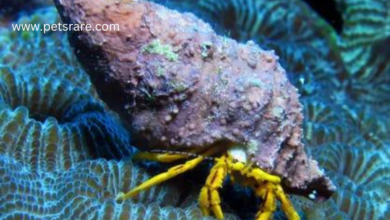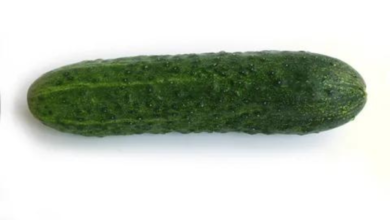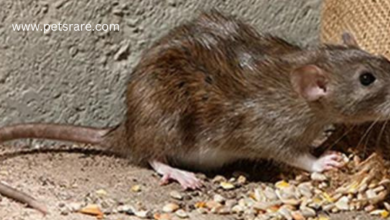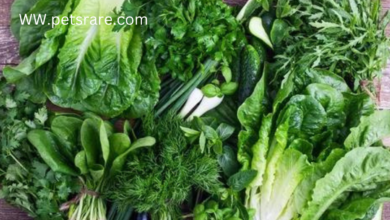Eating Premium Orchid Mints: Nurturing Nature’s Masterpiece

Eating Premium Orchid Mints: Nurturing Nature’s Masterpiece
Introduction
Orchids, a wonderful example of nature’s artistry, require a special diet to thrive. As a complex predator, this fascinating creature demands prey that not only meets its nutritional needs but also complements its unique hunting strategy.

Orchid Mantis Diet: A Delicate Balance
- Living Hunt: Essential to trigger the natural hunting instinct.
- Appropriate Size: Prey should not be larger than the mantis body to avoid injury.
- Nutritional Content: A balanced diet ensures optimal health and vitality.
- Variety: Offering a variety of prey prevents dietary boredom and malnutrition.
Ideal prey for orchid mantises

- Fruit Flies: Small, soft-bodied insects, best for nymphs and young adults.
- Aphids: Small, nutritious insects are ideal for small mantises.
- Small Crickets: A staple food for larger mantises, but gut load them for extra nutrition.
- Wax Worms: Treats occasionally, moderate due to high fat content.
- Small Insects: Ideal prey to mimic the natural hunting environment of mantises.
Table: Hunting Comparison
| victim Size | Nutritional value Suitability |
|—|—|—|—|
| Fruit Flies | Tiny | High protein Nymphs and young adults
| Aphids | small High protein Little Mantees |
| Cricket | Small to medium Moderate protein All stages of life
| Waxworms | small More fat An occasional treat
| Insects Different sizes High protein Mimics natural prey
Tips for Feeding Your Orchid Mantis

- Live prey only: Avoid dead insects as they do not have the movement necessary to trigger the mantis’ hunting instinct.
- Feeding Frequency: Feed juveniles daily, adults every 2-3 days.
- Gut Loading: The feed feeder provides the insects with a nutritious diet before serving them to the mantis.
- Water droplets: Add water droplets to the leaves for the mantis to drink.
- Observation: Monitor your mantis’ appetite and adjust feeding accordingly.
Frequently Asked Questions About Orchid Mants Diet
*Can I feed my orchid mantis mealworms?
*Meal worms have a hard exoskeleton, which can be difficult for mantises to digest. Avoid feeding them.
*How do I know if my orchid mantis is eating enough?
- A healthy mantis will be active, have a full stomach, and regularly shed their excreta.
*Can I breed my own fruit flies for my mantis? - Yes, raising fruit flies can be an easy and inexpensive way to provide food.
*What should I do if my Orchid Mantis refuses to eat? - Try offering different prey items or consult a reptile expert.
*Can I overfeed my orchids? - Overeating can lead to obesity and health problems. Serve food in moderation.
Result

Providing your orchid mants with a varied and nutritious diet is vital to its health and well-being. By choosing prey carefully and observing your mantis’ behavior, you can ensure that it thrives in captivity. Remember, the orchid mantis’ natural hunting instincts are essential to its overall well-being, so live prey is the preferred food source.




